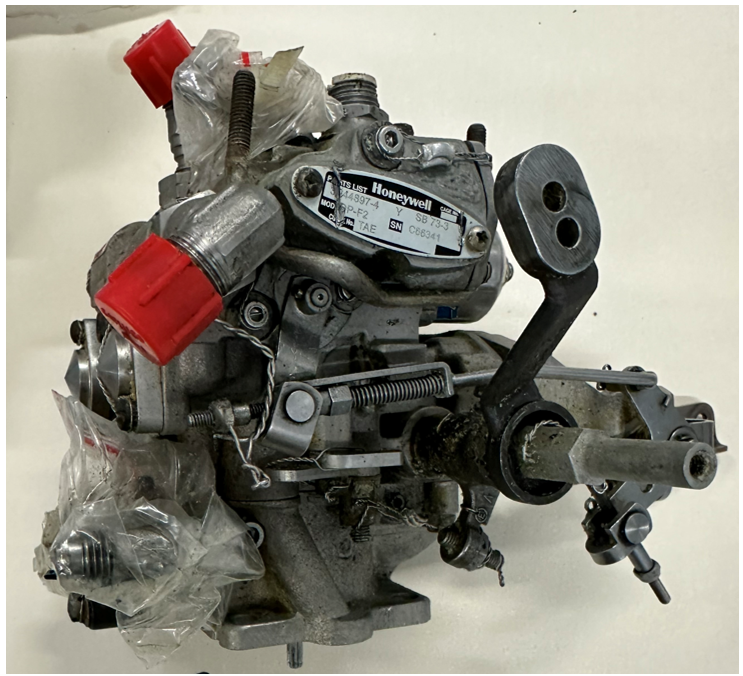Safety Advisory Notice
To operators of single-engine PT6A powered aircraft
Increased awareness and training for pilots in uncommanded engine acceleration events involving PT6A engines will improve outcomes for such malfunctions.
What happened
On 8 January 2024, a Cessna 208B Grand Caravan, departed Lizard Island Airport, Queensland on a flight to Cairns with the pilot and 9 passengers on board. During the climb, the pilot observed the aircraft’s speed and thrust increase uncommanded, and some engine parameters were exceeded or were not indicating. The pilot returned to land but due to the uncontrollable excessive engine power, they conducted a high-speed approach, touched down long on a short runway, overran the end, and the aircraft flipped over. All occupants received minor injuries.
Why did it happen
The ATSB’s examination determined that the uncommanded engine acceleration was very likely associated with an engine fuel control unit (FCU) malfunction. It was identified that there was no documented procedure or troubleshooting information available in the aircraft flight manual and there was limited industry awareness of this type of event and how it should be managed in-flight.

Safety advisory notice
AO-2024-001-SAN-001: In the absence of a flight manual procedure and with limited industry awareness, the ATSB encourages operators of single-engine PT6A powered aircraft to consider potential responses to an uncommanded engine acceleration event for different phases of flight, and to document and train pilots on appropriate actions to ensure operations are performed correctly and consistently.
Awareness and training
Many single-engine PT6A powered aircraft have a procedure for when the engine rolls back to idle power. Some aircraft also have a manual override or emergency power lever to handle this situation and pilots are trained in this. However, there was no such procedure for when the engine accelerated to, or beyond, engine limitations, which occurred more often than any other type of FCU malfunction. Without a formal procedure, pilots are required to exercise judgement based on their experience, skills and knowledge.
ATSB consultation with Cessna Caravan training organisations found that there was limited awareness of such an event. While not as immediately dire as an engine failure or roll back to idle event, an uncommanded engine acceleration is alarming and requires prompt action to control the aircraft and prevent overstress of the engine and airframe. Awareness and training of this type of event will prepare pilots and should result in a better outcome.
Read more about this ATSB investigation: Engine malfunction and runway overrun involving Cessna 208B, VH-NWJ, Lizard Island Airport, Queensland, on 8 January 2024


